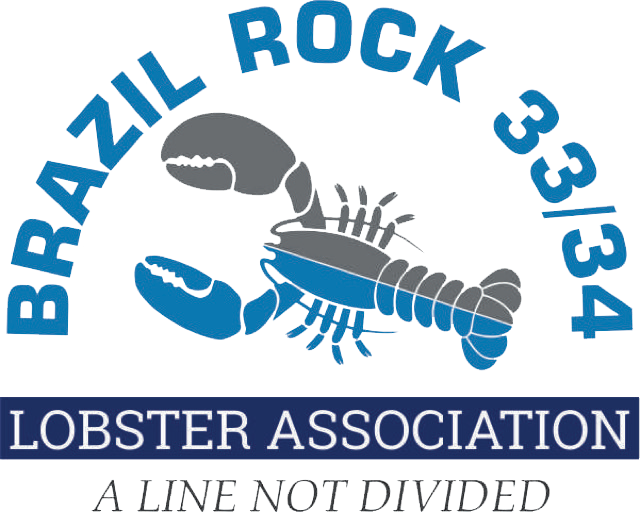Brazil Rock

Survey On DFO Management Of The Fishery

Report On Unreported and Illegal Fishing

Lobster Quality Improvement Project 2020-2023
The Brazil Rock 33 / 34 Lobster Association can now take applications, review and make recommendations for the Brazil Rock 33 / 34 Lobster Association Lobster Quality Improvement Project 2020-2023.
The Project was developed to assist members with purchasing equipment & technology to improve the holding practices for live lobsters on fishing vessels; preserving the quality, vitality and value of their catches.
This initiative aims to provide association members a streamlined process and quicker access to meet their needs.
Who is eligible to participate? Members of the Brazil Rock 33 / 34 Lobster Association.
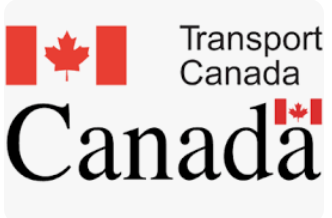
New Transport Canada Emergency Procedures & Inspections
This is to inform you of some changes with inspection of written procedures onboard fishing vessels. With recent incidents and recommendations from the Transportation Safety Board (TSB), Transport Canada Marine Safety & Security is directing Inspectors to ensure written procedures onboard vessels are available for review, that they are suitable for the intended purpose, and crews are familiar with them.
All domestic vessels require emergency procedures and require to have them onboard, be available to all crew members and everyone is familiar with them. Failure to do so will result in the following actions being taken:
If written safety procedures are not readily available on board, the Marine Safety Inspector must issue Deficiency Notice and issue Detention Order.
If written safety procedures are on board, but are insufficient, the MSI must issue Deficiency Notice with code 16 (Rectify within 30 days)
If during discussions with the crew about their knowledge and understanding of vessel’s safety procedures, the crew is not proficient in carrying out those duties, the must issue Deficiency Noice (Rectify deficiency before departure).
If there are no records of safety drills on board, must issue Deficiency Notice (Rectify deficiency before departure).
If not crew members on board at the moment of the inspection, participated in at least two safety drills, must issue Deficiency Notice (Rectify deficiency before departure); and proceed with a demonstration of the safety drills, satisfied that crew can demonstrate their capability to respond to a potential emergency situation using the safety equipment they have onboard. Vessel with immersion suit on board will require full donning for all crew to be demonstrated.
Please advise all of your crews of this so they are aware prior to a planned or unplanned inspection. A set of procedures is available on the Transport Canada website for your review and consideration.
WE CAN HELP YOU DO THIS
Pick up your FREE NS Wheelhouse Safety Logbook or call 902 742 6167

Fishing Vessel Safety Regulations

2025 Brazil Rock 33/34 Lobster Association Bursary
The Brazil Rock 33/34 Lobster Association is pleased to announce the 2025 student bursary program. Bursaries are available to the children and grandchildren of The Brazil Rock 33/34 Lobster Association members who are continuing their education in a field of their choice.
Bursaries are available for students graduating grade XII in 2025. Value ranges from $500.00 to $1,000.00 each depending on the number of successful candidates. Bursaries are not renewable nor available for subsequent years of study.
Criteria: Applicants must be the children or grandchildren of a Brazil Rock 33/34 Lobster Association member, graduating from grade 12 and accepted into a recognized educational institution. Applications must be submitted to the Bursary Committee by Monday, May 9th, 2025.
To apply provide the following:
Proof of graduation, proof of acceptance into a recognized educational institution, a one-page letter stating the Brazil Rock 33/34 Lobster Association member’s name, the applicant’s name and clearly state why they are deserving of the bursary.
Submit the application via email to: brazilrock3334@gmail.com
The successful candidates will be selected by the Brazil Rock 3334 Lobster Association’s Bursary Committee and notified by phone.
For additional information on The Brazil Rock 33/34 Lobster Association Bursary program, please contact the office at (902) 749-6233 or email at brazilrock3334@gmail.com
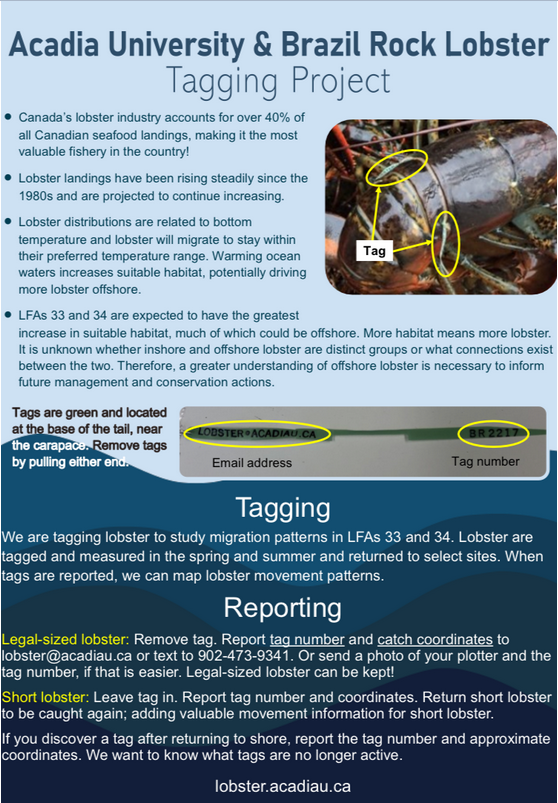
Acadia University & Brazil Rock Lobster Tagging Project
Acadia University Brazil Rock Lobster Tagging Research Project
Brazil Rock 33/34 Lobster Association and Acadia University have commenced a lobster migration study in LFA's 33 & 34.
When tags are reported we can map lobster movements and aid in scientific research and planning.
Email all discovered tags including number, date and location of recovery.
Captains who report tags will have their names submitted for a draw of a free Brazil Rock 33/34 Lobster Association membership.
One free membership per year in both LFA # 33 and LFA # 34.

OWNER / OPERATOR MEETING
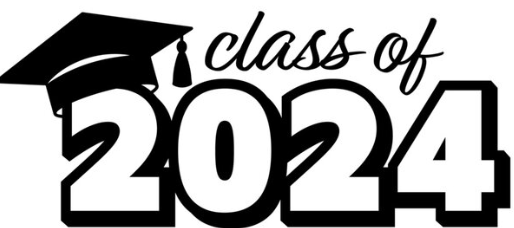
Brazil Rock 33/34 Lobster Association's Student Bursary
The Brazil Rock 33/34 Lobster Association is pleased to announce the student bursary program. Bursaries are available to the children and grandchildren of The Brazil Rock 33/34 Lobster Association members who are continuing their education in a field of their choice.
Ten bursaries are available for students graduating grade XII in 2024. Value: $1,000.00 each. Bursaries are not renewable nor available for subsequent years of study.
Criteria: Applicants must be the children or grandchildren of a Brazil Rock 33/34 Lobster Association member, graduating from grade 12 and accepted into a recognized educational institution. Applications must be submitted to the Bursary Committee by Monday, May 10th, 2024.
To apply provide the following:
Proof of graduation, proof of acceptance into a recognized educational institution, a one-page letter stating the Brazil Rock 33/34 Lobster Association member’s name, the applicant’s name and clearly state why they are deserving of the bursary.
Submit the application via email to: brazilrock3334@gmail.com
The successful candidates will be selected by the Brazil Rock 3334 Lobster Association’s Bursary Committee and notified by phone.
For additional information on The Brazil Rock 33/34 Lobster Association Bursary program, please contact the office at (902) 749-6233 or email at brazilrock3334@gmail.com
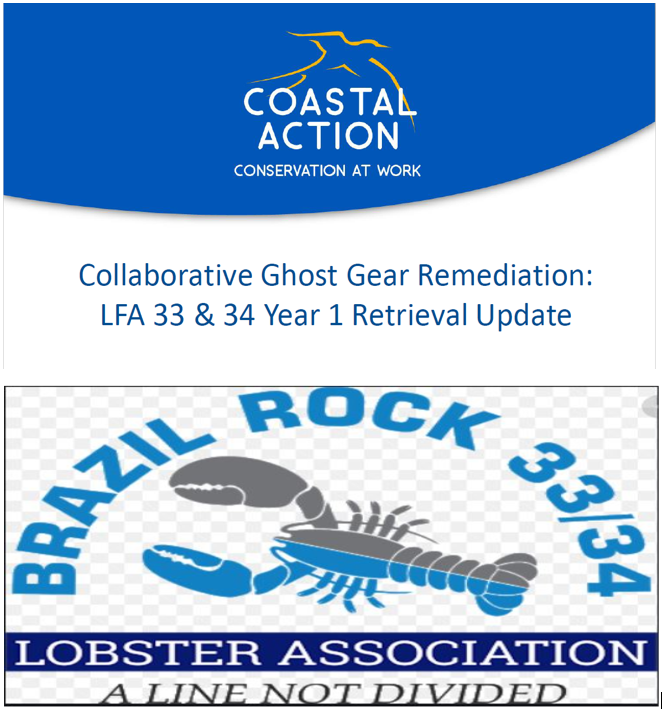
GHOST GEAR RECOVERY IN LFA # 33 JULY 2020 to MARCH 2022
Click Here To Learn More About the Brazil Rock & Coastal Action Project
“Ghost Gear” makes up a large portion of all marine debris. It causes significant negative environmental, economic, and social impacts including habitat degradation, indiscriminate fishing and entanglements, decreased catches, at-sea safety hazards, and vessel damage.
This project will work collaboratively with industry, academia, and government to prevent, reduce, and assess impacts of ALDFG on the South Shore of Nova Scotia in Lobster Fishing Area 33 from July 2020 to March 2022. This will be accomplished through implementing waste management systems for responsible disposal of end-of-life gear and retrieving Ghost Gear from targeted areas.
OBJECTIVES & METHODS:
Engage approximately 40 partners and apply new technologies to help manage Ghost Gear.
Equip 10 harbours in Southwest Nova Scotia with rope disposal bins.
Fishers will complete at-sea retrieval days in Lobster Fishing Area 33 using grapnels.
Divert approximately 2,000 lobster traps and 22 tonnes of rope from high-impact disposal methods.
Sustane Technologies Inc., located in the Chester area, will be recycling collected rope into diesel fuel and innovative mapping technologies will be used in partnership with Dalhousie’s Oceanography Department and the Ocean Tracking Network to improve the retrieval process by using side-scan sonar technology to clearly identify where lost gear resides on the seafloor.
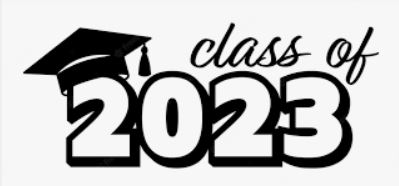
2023 Brazil Rock 3334 Lobster Association's Student Bursary
The Brazil Rock 33/34 Lobster Association is pleased to announce the student bursary program. Bursaries are available to the children and grandchildren of The Brazil Rock 33/34 Lobster Association members who are continuing their education in a field of their choice.
Ten bursaries are available for students graduating in 2023. Value: $1,000.00 each. Bursaries are not renewable nor available for subsequent years of study.
Criteria: Applicants must be the children or grandchildren of a Brazil Rock 33/34 Lobster Association member, graduating from grade 12 and accepted into a recognized educational institution. Applications must be submitted to the Bursary Committee by Monday, May 1st, 2023
To apply provide the following:Proof of graduation, proof of acceptance into a recognized educational institution, a one-page letter stating the Brazil Rock 33/34 Lobster Association member’s name, the applicant’s name and clearly state why they are deserving of the bursary.
Submit the application via email to: brazilrock3334@gmail.com
The successful candidates will be selected by the Brazil Rock 3334 Lobster Association’s Bursary Committee and notified by phone. For additional information on The Brazil Rock 33/34 Lobster Association Bursary program, please contact the office at (902) 749-6233 or email at brazilrock3334@gmail.com
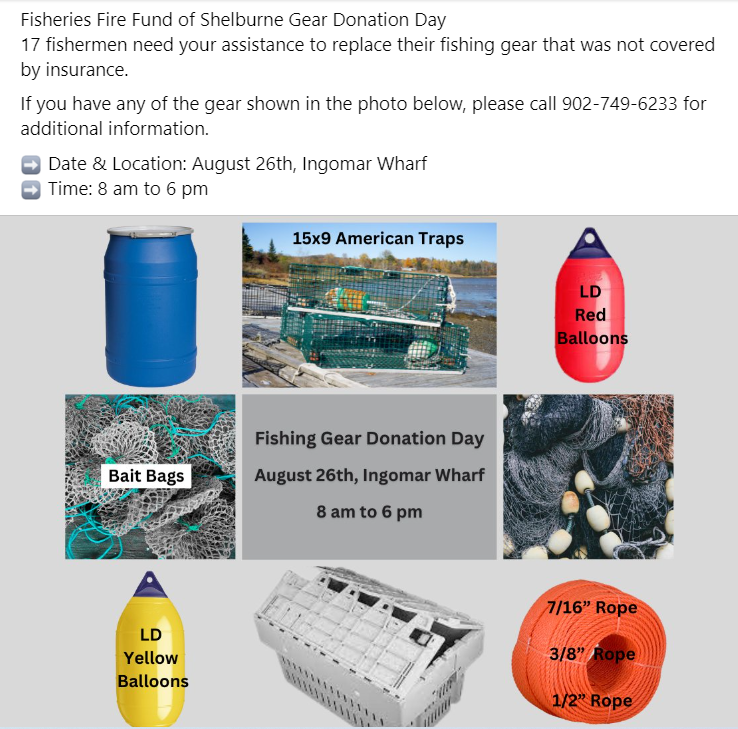
Wildfire Gear Donation Day
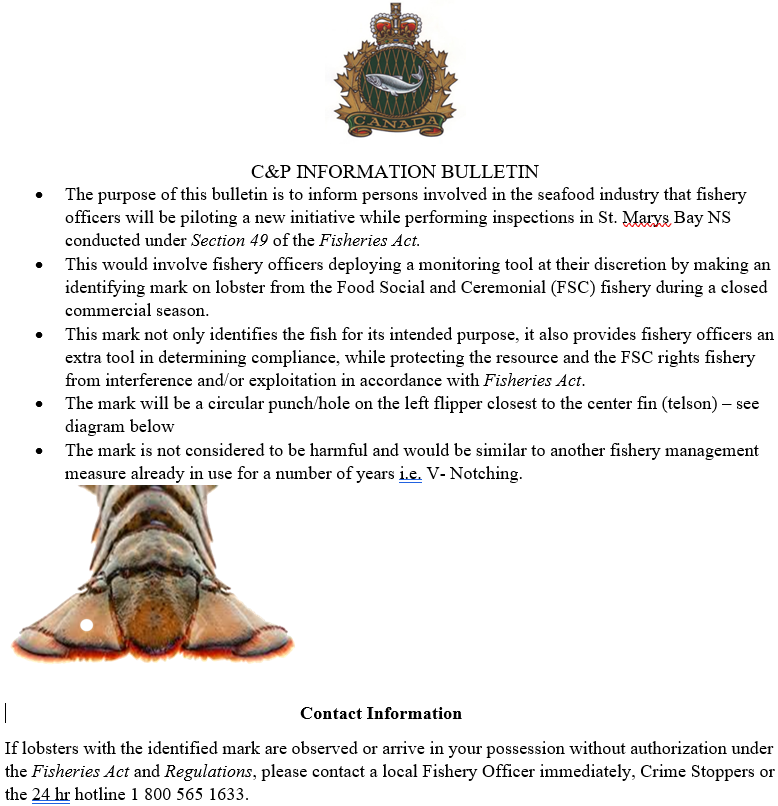
DFO Conservation & Protection Bulletin

Lobster Council of Canada September 2024 Update
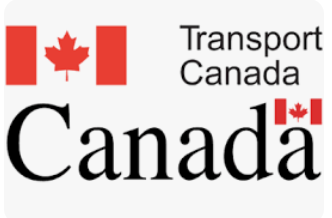
Transport Canada Certification
How to obtain a Canadian Marine Medical Certificate
Information for Marine Medical Examiners
Training, examination and certification of seafarers
Approved Ship Training
Seafarer Recruitment and Placement Service Licensing
Request a Canadian Endorsement Attesting the Recognition of a Foreign Certificate Through the Reciprocal Arrangement
Marine Occupational Health and Safety
Marine Pilotage
Equivalencies for Royal Canadian Navy competencies and certificates from Transport Canada
Seafarer Certification Services Modernization
Direct Examination Process
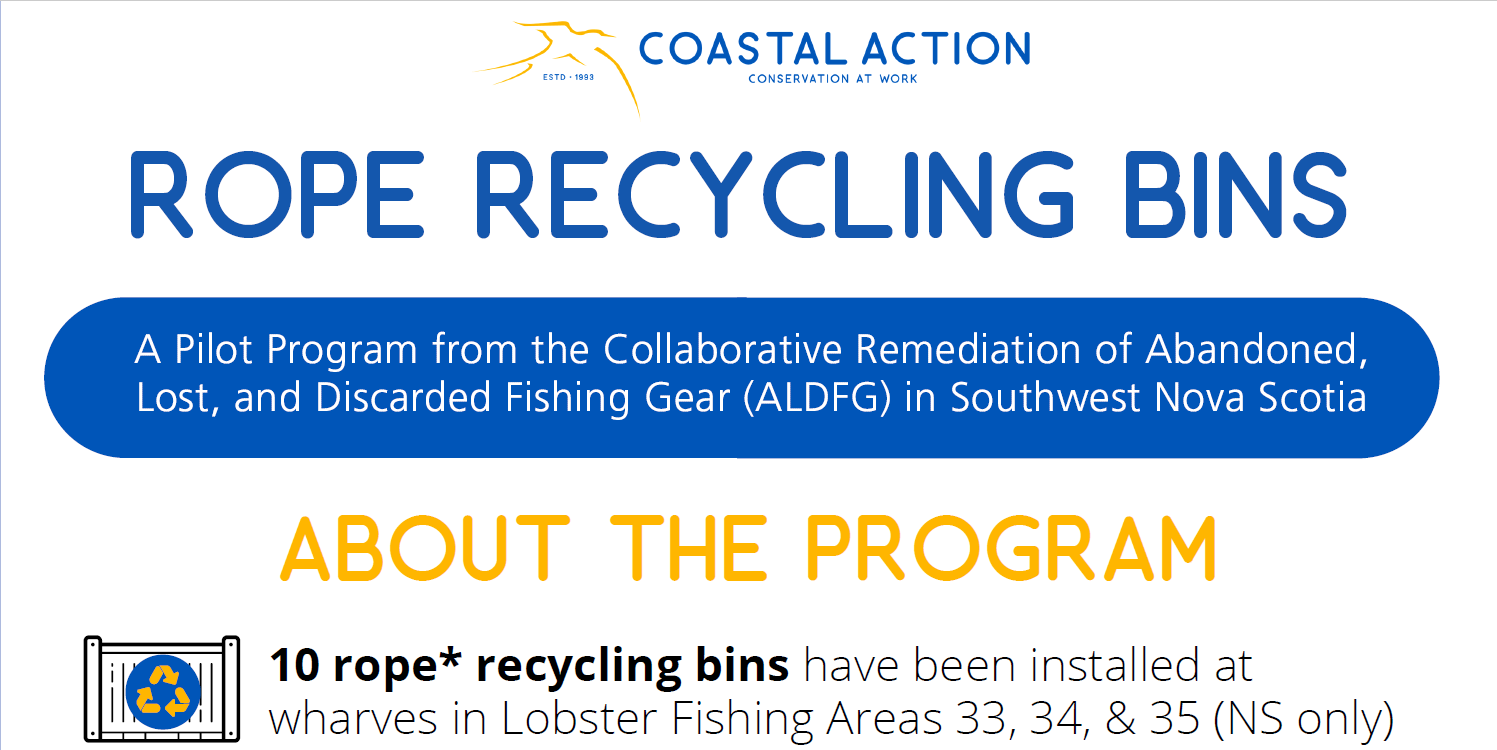
Rope Recycling & End-of-Life Gear Management
A Pilot Program from the Collaborative Remediation of Abandoned, Lost, and Discarded Fishing Gear (ALDFG) in Southwest Nova Scotia
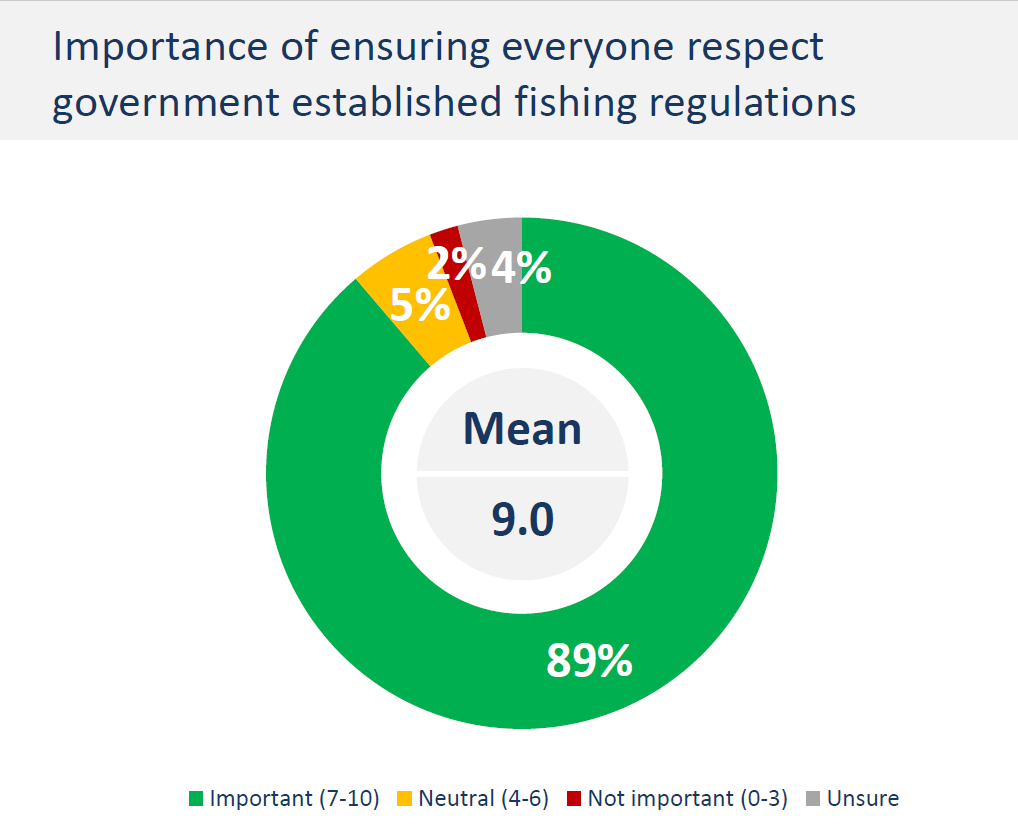
Canadians want action from the Government of Canada to keep the fisheries healthy
Canadians give a very high level of importance to respecting and enforcing fishing regulations and
having direct negotiations between the Government, Indigenous leaders and fishing organizations to
support healthy and sustainable fisheries and aquatic ecosystems in Canada. A majority of Canadians
feel approaches to supporting healthy and sustainable fisheries and aquatic ecosystems in Canada
should be applied to everyone without exception, and are divided over whether respecting the
inherent rights of Indigenous People to fish and the desire for reconciliation with Indigenous Peoples
are valid reasons to have different sets of regulations for Canadians and Indigenous Peoples.
A strong majority of Canadians give the importance of banning all fishing outside established
fishing seasons when it comes to supporting healthy and sustainable fisheries and aquatic
ecosystems in Canada a score of 7 or higher out of 10 Asked to rate the importance of banning
all fishing (i.e. herring , lobster, snow crab) outside government established fishing seasons when it
comes to supporting healthy and sustainable fisheries and aquatic ecosystems in Canada, where 0
means not at all important and 10 means very important, Canadians give this a mean score of 8.1
out of 10. Seventy one per cent rate this as important (score of 7 10), while more than one in ten
rate this as of average importance (score of 4 6)(14%), and five per cent rate this as not important
Close to eight in ten Canadians give the importance of having the Government, Indigenous
leaders and fishing organisations directly negotiate to manage fisheries when it comes to
supporting healthy and sustainable fisheries and aquatic ecosystems in Canada a score of 7 or
higher out of 10 Asked to rate the importance of having the Government, Indigenous leaders
and fishing organizations negotiate directly together to manage the fisheries when it comes to
supporting healthy and sustainable fisheries and aquatic ecosystems in Canada, where 0 means
not at all important and 10 means very important, Canadians give this a mean score of 8.2 out of
10. Seventy nine per cent rate this as important (score of 7 10), while just over one in ten rate
this as of average importance (score of 4 6)(11%), and five per cent rate this as not important
(score of 0 3). Four per cent are unsure. Women give this a higher mean score (mean score of 8.6
out of 10) than men (mean score of 7.8 out of 10).
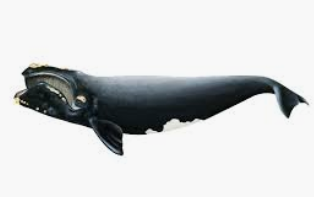
Whale Rope Identification
This notice is to inform you of an update to the gear marking requirements for fixed gear fisheries in the Maritimes Region. In response to feedback from fish harvesters, DFO will be revising the marking requirements to allow for portions of vertical lines to be replaced with rope with integrated coloured yarns.
The initial gear marking conditions stated that if rope marked with integrated coloured yarns (i.e. pre-marked rope with the fishery/area colours running through its length) was used, it needed to be through the entire length of the vertical line. This amendment will allow for fishers to use sections of this marked rope (e.g. when replacing a worn-out portion of a line) without needing to then add additional redundant twine markings on the same sections of the line.

Fish Harvester Benefit and Grant Program Phone Inquiries-877-535-7307
Fish Harvester Benefit and Grant Program which will be open for applications on August 24, 2020, through to September 21, 2020, Brazil Rock 33 34 Lobster Association wants to share the following contact information for our members who may have questions on the program.
Please visit.............
http://www.dfo-mpo.gc.ca/fisheries-peches/initiatives/fhgbp-ppsp/index-eng.html
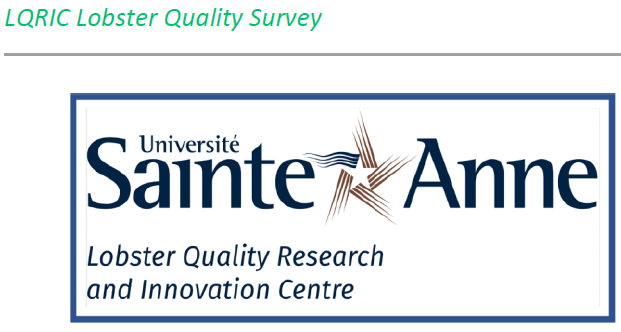
Lobster Quality Survey Report
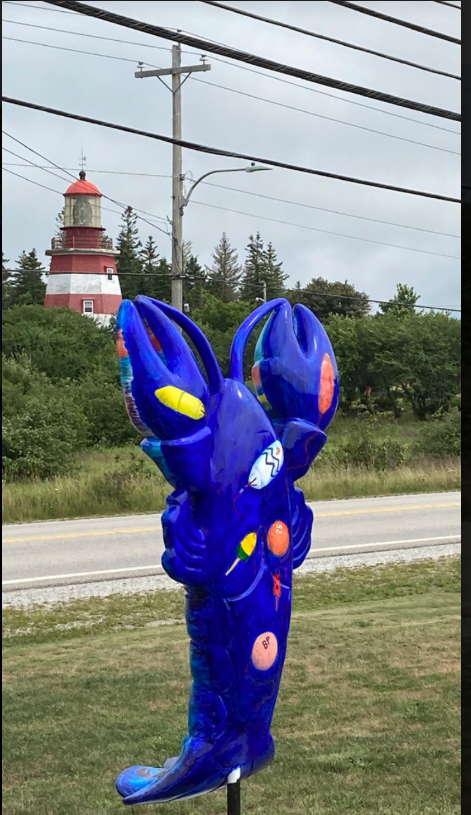
Harvest Strategy / Harvest Control Rules for LFAs 34 to 38
Harvest Rate Strategy and Harvest Control Rules: Inshore Lobster, LFAs 34-38
Introduction The harvest rate strategy and harvest control rules (HCRs) presented in this document have been developed according to Fisheries and Oceans Canada’s A Fishery Decision-Making Framework Incorporating the Precautionary Approach (PA Policy).
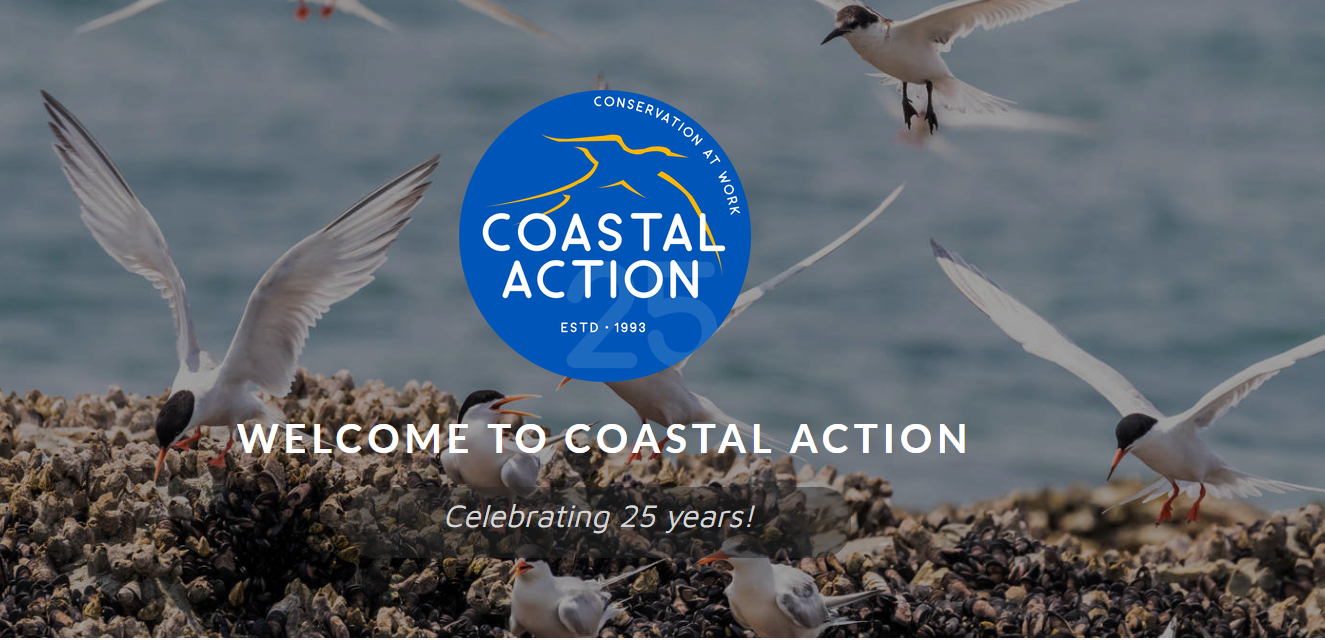
COLLABORATIVE REMEDIATION OF ABANDONED, LOST, AND DISCARDED FISHING GEAR (ALDFG) IN SOUTHWEST NOVA SCOTIA
WHAT IS ALDFG?
Abandoned, lost, and discarded fishing gear (ALDFG), commonly referred to as “ghost gear”, makes up a large portion of all marine debris. It causes significant negative environmental, economic, and social impacts including habitat degradation, indiscriminate fishing and entanglements, decreased catches, at-sea safety hazards, and vessel damage. ALDFG is generated by unfavourable environmental conditions (like storms and bottom type), gear conflicts among fishers and other industries, poor gear condition, and inappropriate disposal at-sea. Losses can be accidental, fishers are not always at fault, as the marine environment is shared with other industries.
ABOUT THE PROJECT
This project will work collaboratively with industry, academia, and government to prevent, reduce, and assess impacts of ALDFG on the South Shore of Nova Scotia (LFAs 33, 34, and 35 – Nova Scotia only) from July 2020 to March 2022. This will be accomplished through implementing waste management systems for responsible disposal of end-of-life gear, retrieving ALDFG from targeted areas, and conducting an impact assessment of ALDFG during retrieval, with ongoing communication campaigns throughout the project.
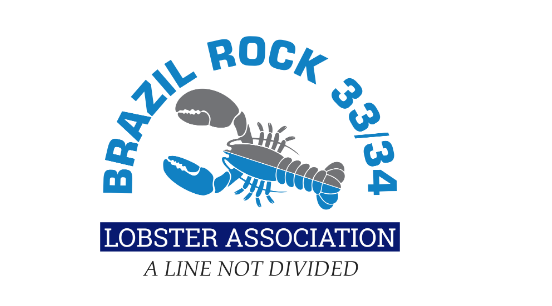
Owner / Operator
Maritimes Region Lobster Advisory Meeting (MARLAC)
Maritimes Region Lobster Advisory Meeting (MARLAC) UPDATE: President Kevin Ross made a recommendation to have a dedicated call to discuss Owner / Operator in an effort to move the matter to the front of the regulatory review line. Treasury Board Secretariat reviews all regulatory (law) amendments, presently only reviewing those involving Covid19 implications, Owner Operator is Covid19 implicated because corporations are actively seeking to buy licenses during the pandemic.
Date:
Friday, June 12, 2020 - 09:00
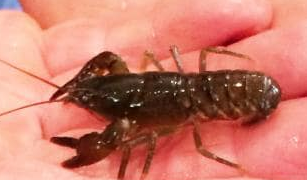
Re-Issuance Of Banked Licenses
The subject of DFO re-issuing "banked" lobster licenses is being researched in en effort to learn more about this subject. New information will be posted here as soon as it becomes available.
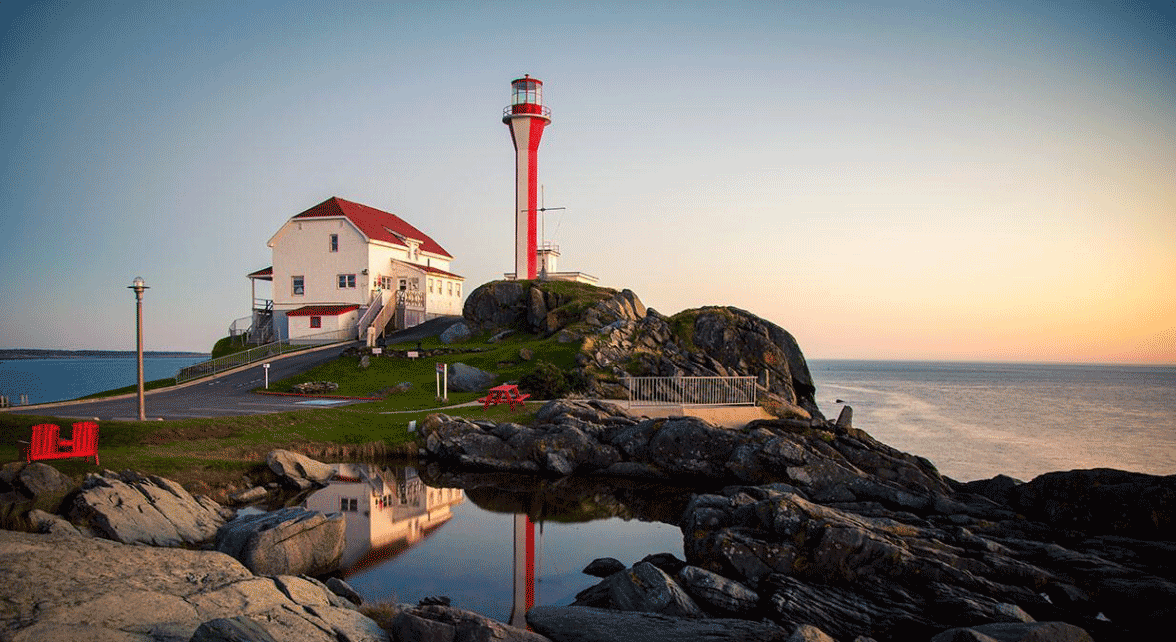
About Us
Incorporated in August of 2017, with the overall objectives to unite fisherman from Lobster Fishing Areas 33 & LFA 34; to be represented as one voice and to work together to achieve the long-term sustainability of the lobster fishery.

Our Fishery
The traditional start of the lobster season along Nova Scotia’s southwestern shores, commonly known as Lobster Fishing Areas (LFA) 33 and 34, begins the last Monday of November of each year and continues to the last day of the following May. There are 714 licensed lobster vessels in LFA 33 and 979 in LFA 34.
